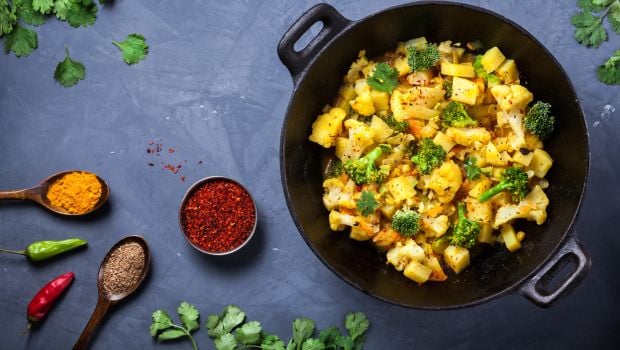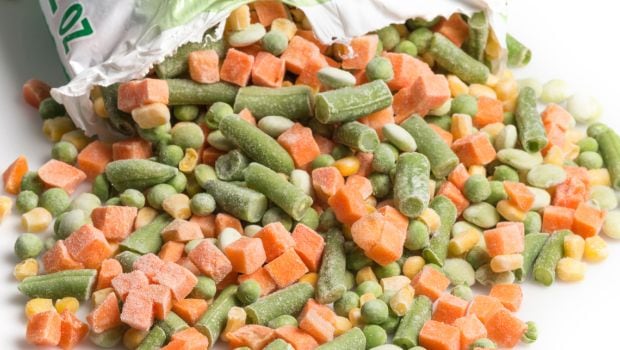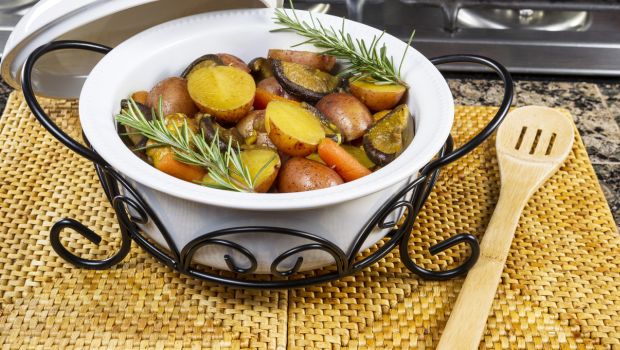Should You Freeze Or Reheat Your Food? An Experts Advice

Freezing and reheating food is a very common in our homes. Whether it is leftover food or extras we carry back from restaurants, it is usually stored for future use. Some homes also freeze seasonal vegetables for future use when they are not available. Food cooked or stored in an incorrect manner may lead to spoilage, resulting in infections in the body. The moisture content, temperature and storage time all influence the safety of stored food. Wrong handling may lead to food borne infections.

Freezing the right way
Ideally all perishable food, milk, vegetables, meat and cooked food should be refrigerated as they are prone to spoilage. All cooked food not meant to be consumed immediately should be cooled to below 10⁰C, or kept warm at above 60⁰C to retard the growth of bacteria.
If you are storing cooked food do so within 2 hours of cooking. Cooling it faster also helps, divide the food into smaller portions so that it cools fast and can be frozen sooner to avoid contamination. Maintain the moisture content of food by wrapping them in air tight containers or foils. This also prevents the odour of different foods from mixing while keeping the bacteria out. Frozen food can be kept for up to almost 2-3 months, but check the colour, odour and taste of the food to see if it is edible.

Reheating your food
You can reheat frozen food without thawing it. It does no harm. You can reheat foods directly in a saucepan or in the microwave.
For reheating foods safely USDA lists the following methods:
- Reheat soups and gravies by bringing them to a rolling boil.
- While using a microwave cover the food and rotate it so that it heats evenly.
- Add some fluid while heating, the steam produced will kill all the bacteria and ensure uniform heating.
- Check the temperature of the food in different portions, use a food thermometer if required.
- Thick gravies, meats, will take a longer time to heat as compared to vegetables.
- Thaw and reheat smaller portions as required rather than the whole dish.
Several studies have shown that most of the nutrients remain unchanged in frozen food if done properly, losses are majorly of water soluble vitamins especially Vitamin C . So, while ideally we should consume fresh food, both cooked and uncooked, freezing and reheating safely is an option.
[“source-ndtv”]
